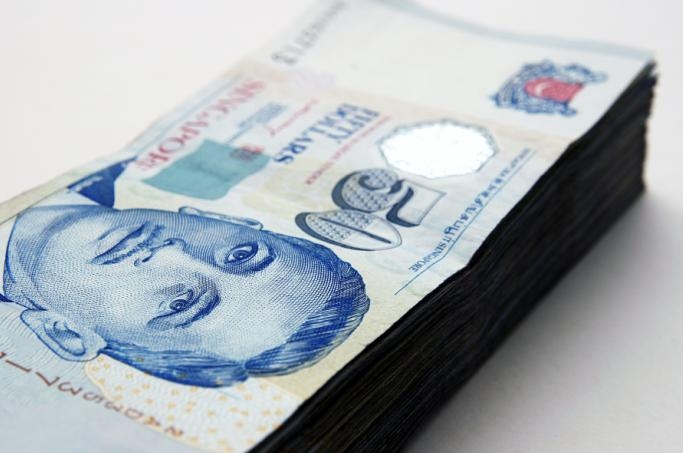
Currency Briefing - what you need to know for Tues Feb 21, 2012
The Singapore dollar along with other Asian currencies were stronger against the US dollar.
Justin Harper, IG Markets Singapore head of research, said:
The Singapore dollar has held up against the US dollar in overnight trading staying just above the $1.25 range after some strong gains on Monday.
Asian risk assets have been buoyed by news that China is to ease monetary policy for its banks and offer a fresh wave of liquidity. Asian currencies edged up yesterday, as trading volumes were lower as the US enjoyed a public holiday.
The surprise news that the People’s Bank of China (PBOC) is to cut its reserve requirement for its banks has now started to lose its impact. Traders say this has been priced into Asian currencies, and the upside has been felt.
The next catalyst will be from Europe once Greek and EU ministers finally agree on the terms of the second bailout package. This will affect the risk attitude of global markets, which have recently been warming up to risk-on investing. Riskier currencies could benefit as the threat of default declines.
Longer-dated Singapore government bonds have slipped, sending yields slightly higher while steepening the yield curve in tandem with the stronger market sentiment being seen across Asia.
The strengthening Singapore dollar has pushed up the cost of renting in the city, according to a survey from ECA International.
RBS, on the other hand, reported (at noon 20 Feb):
Asian currencies were stronger against USD with IDR being the routine exception. MYR outperformed the region, up by 0.7%, followed by SGD, up by 0.5%. Thus far, our recommendation to go short JPY versus SGD, MYR and TWD after the BOJ's surprise QE expansion is working out well.
Following regional peers, fixings for CNY onshore and offshore came in lower as well. USD/CNY fixing came in 13pip lower at 6.2938 while USD/CNH fixing came in 53pip lower at 6.2941. This narrows down the premium of the offshore fixing to the onshore fixing to 3pip from 43pip previously.
























 Advertise
Advertise






